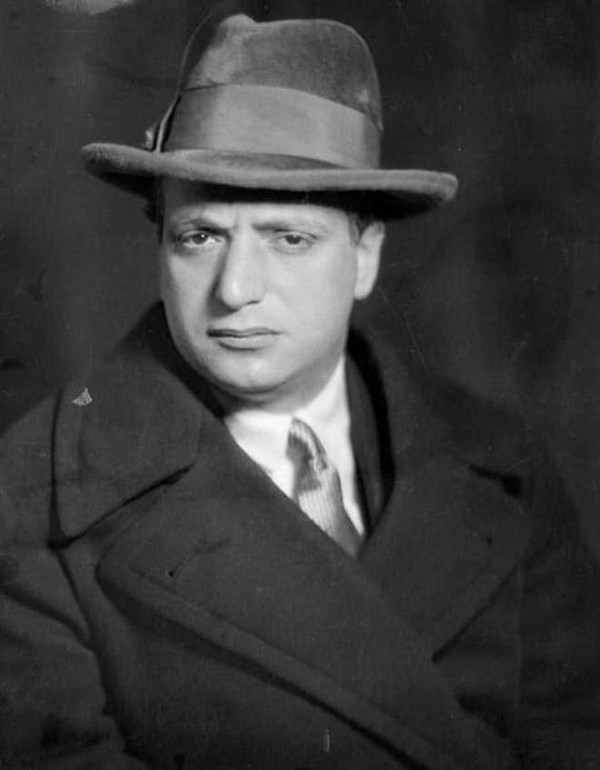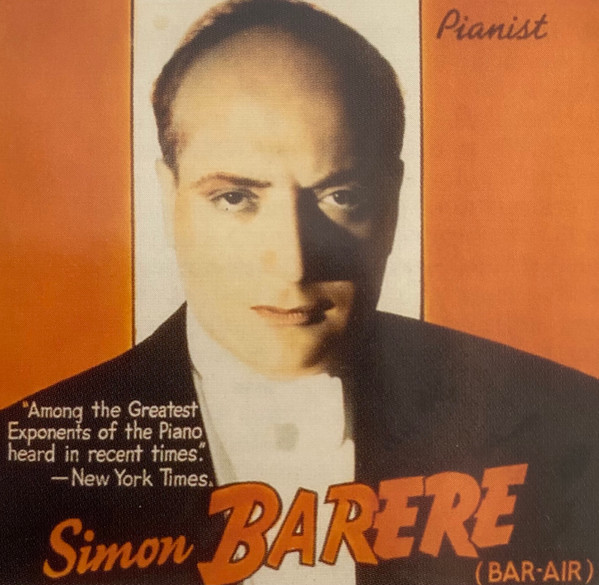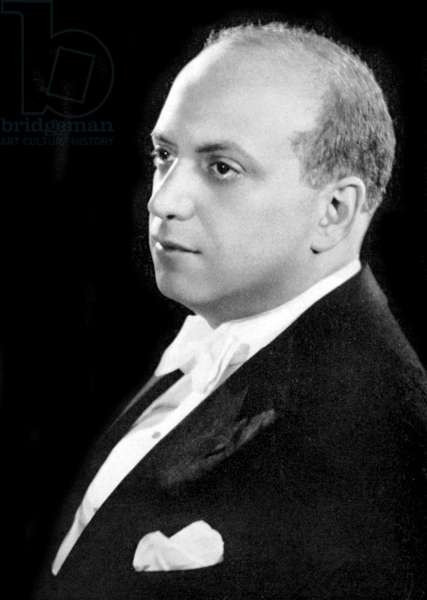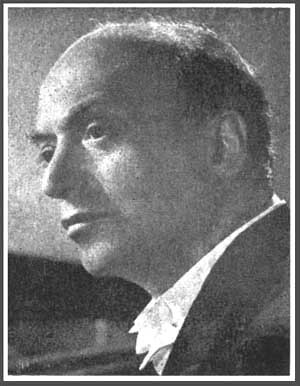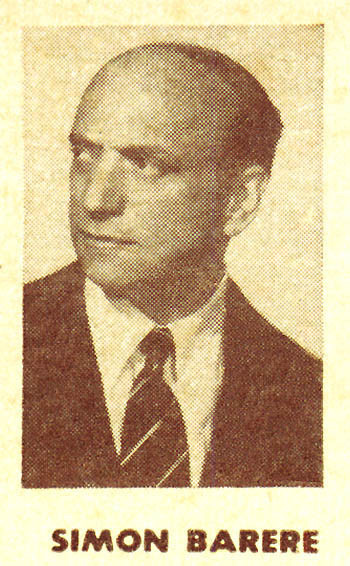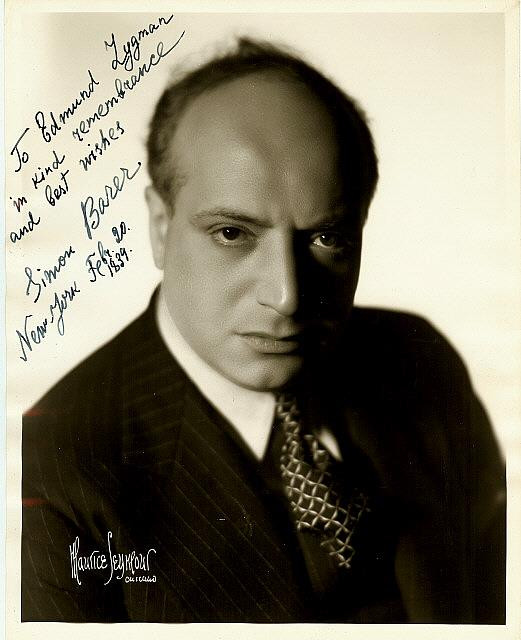Simon Barere
Настоящее имя: Simon Barere
Об исполнителе:
Simon Barere (1 September {O.S. 20 August} 1896, Odesa, Russian Empire — 2 April 1951, Manhattan, New York City) was an American concert pianist of Russian-Jewish origins, father of Boris Barere (b. 1921). He died on-stage, at only 55, while performing Grieg's Piano Concerto with The Philadelphia Orchestra conducted by Eugene Ormandy at Carnegie Hall; Barere suffered a cerebral hemorrhage and died backstage a few minutes later before the ambulance arrival. Born in Odesa (now part of Ukraine), Simon was the eleventh child in a Jewish family. His father died young, and Simor Barere began playing piano as a kid at local establishments to support the family. In 1907, eleven-year-old Simon enrolled in the Odessa Imperial Music Academy; he dropped out, though, after his mother died in pursuit of the best possible musical education according to her last wishes. In 1912, sixteen-year-old Barere traveled to Saint Petersburg and managed to get an audience with renowned composer Alexander Glazunov, director of St. Petersburg Conservatory; he played piano for Glazunov and two senior faculty members, Annette Essipoff (1851—1914) and Isabella Vengerova (1877—1956), who were astounded by Simon's exceptional talents. He got accepted without entrance exams and studied under Anna Yesipova for two years until her death; Barere then continued his piano lessons with renowned Felix Blumenfeld (1863—1931), one of Anton Rubinstein's pupils. Simon studied alongside Vladimir Horowitz, Vladimir Sofronitsky, and Maria Grinberg. During his tenure, Glazunov acted as Barere's patron and "guardian angel," exempting him from mandatory military service, for instance, and defending Simon from antisemitic attacks. After graduating in 1919, Simon Barere settled back in Ukraine, serving as the Kiyv Conservatory professor and touring as a virtuoso pianist. Following Vladimir Lenin's death in 1924 and the rise of a harsher Joseph Stalin regime, making a living as a concert musician became much more challenging. In 1928, Simon Barere relocated to Riga in Latvia, taking the post of USSR Baltics & Scandinavia Cultural Ambassador. He soon managed to obtain exit visas for his wife and seven-year-old son Boris, and the family fled the Soviet Union and headed to Berlin, Germany. It was, in retrospect, a grave mistake, as the Nazi regime was already persecuting Jews; unable to secure any orchestral or academic positions, Simon once again had to survive on odd jobs playing piano at local cafes. In the early 1930s, Bareres left Germany and relocated to Sweden. In 1934, Simon Barere made his British stage debut, performing Tchaikovsky's Piano Concerto in B-flat minor under Sir Thomas Beecham's baton. After critically acclaimed performances, His Master's Voice commissioned Barere to produce a series of 78 RPM gramophone records at Abbey Road Studios with solo piano works by Liszt, Chopin, Glazunov, and Blumenfeld. (In 1985, APR released The Complete HMV Recordings 1934-1936 2xLP compilation, remastered by Bryan Crimp.) The following autumn, Simor Barere toured across Great Britain with tenor Richard Tauber in the series of concerts organized by Harold Holt; he also toured Australia and New Zealand. In 1936, the Baldwin Piano Company organized his first USA tour; subsequently, Barere permanently relocated to New York. Following his November 1936 debut, Simon Barere gave fifteen solo recitals at Carnegie Hall, occasionally performing duos with his son, Boris Barere. (A posthumous Father & Son CD/DVD compilation came out on Cembal D'Amour, featuring most of their joint recordings and surviving video footage.) Barere was particularly renowned for his dexterity and immaculate articulation at the highest tempos; virtuoso renditions of Balakirev's Islamey became one of the staples of his vast repertoire. In March 1951, shortly before his sudden death, Simon Barere made a series of recordings on the Remington label.
Альтернативные названия:
Вариации названий:
-
- 1
- 2
-
